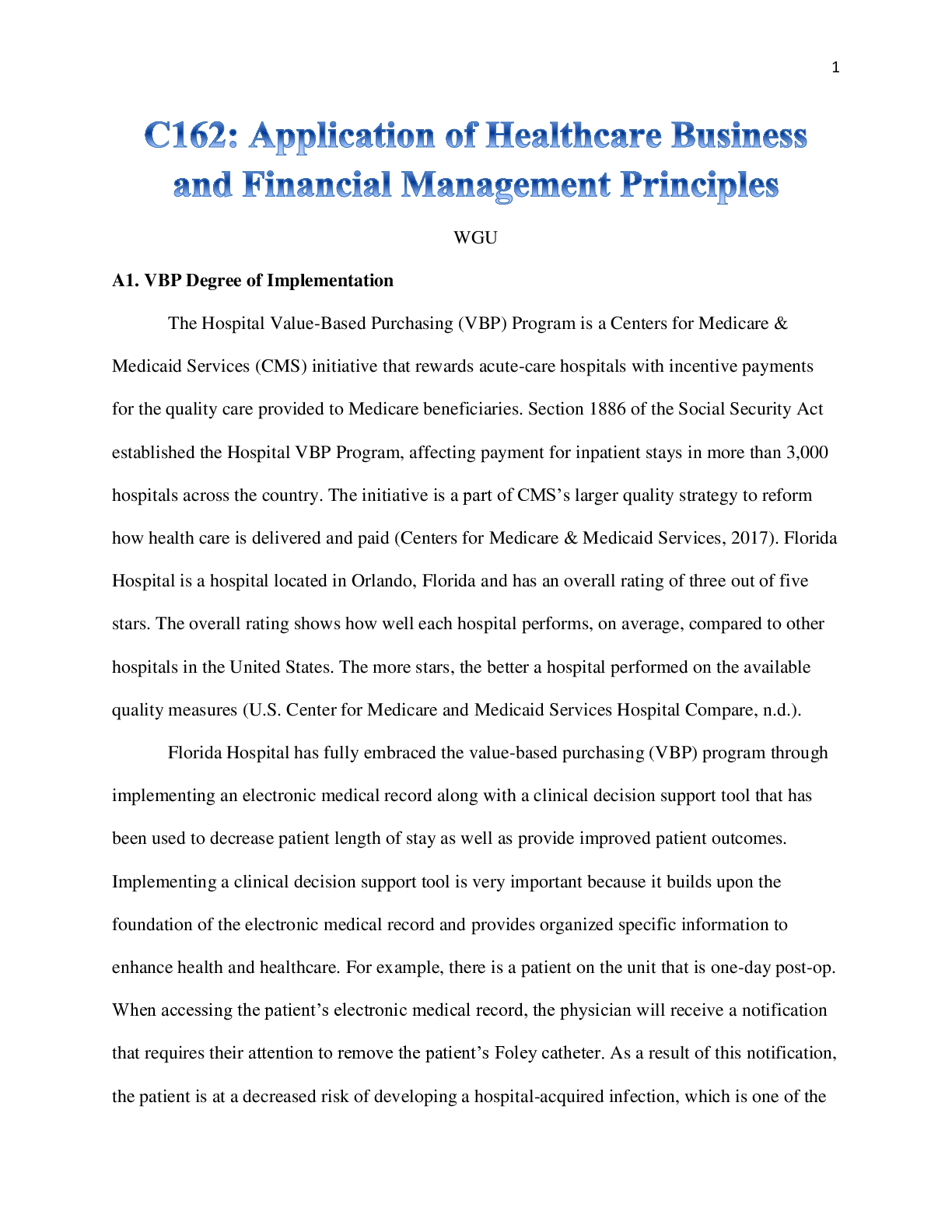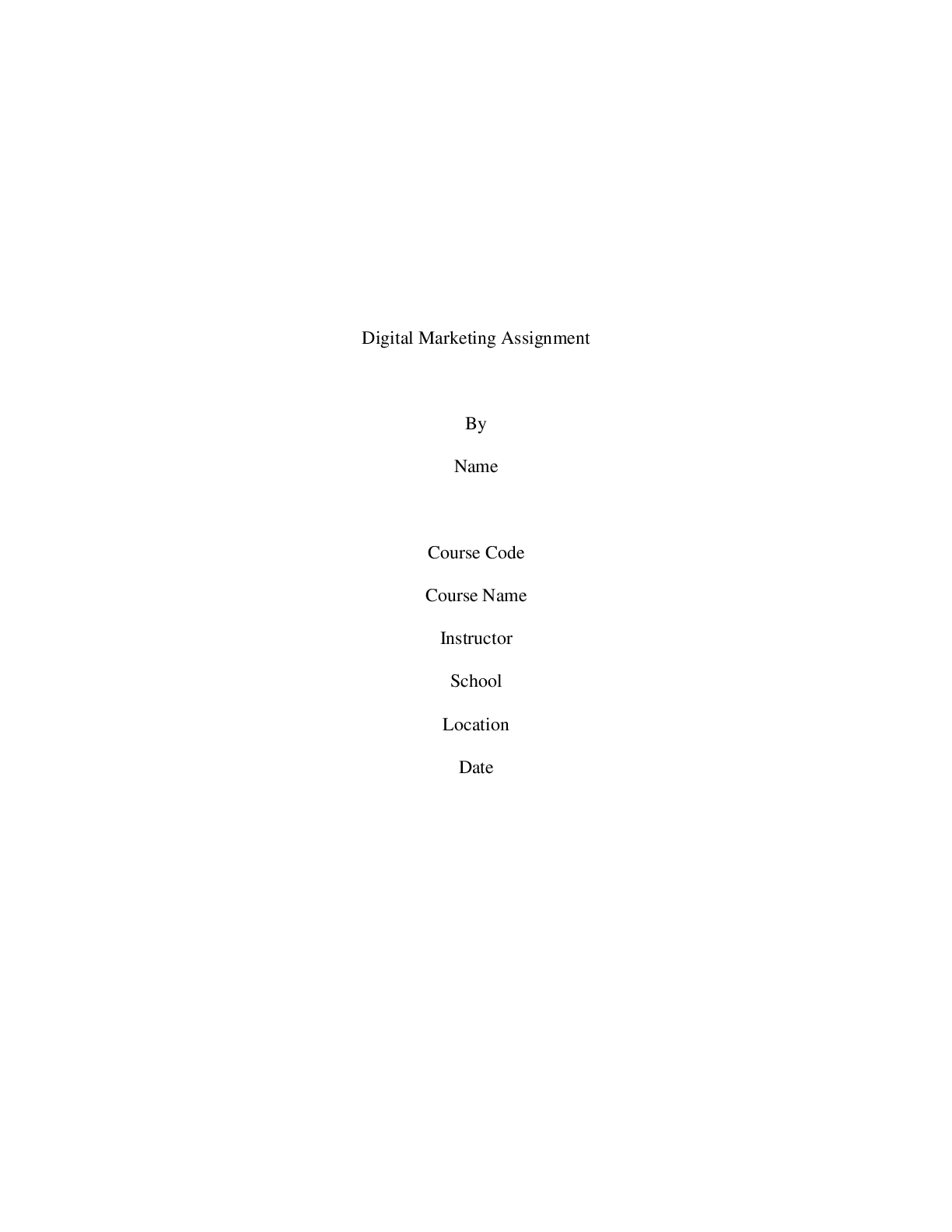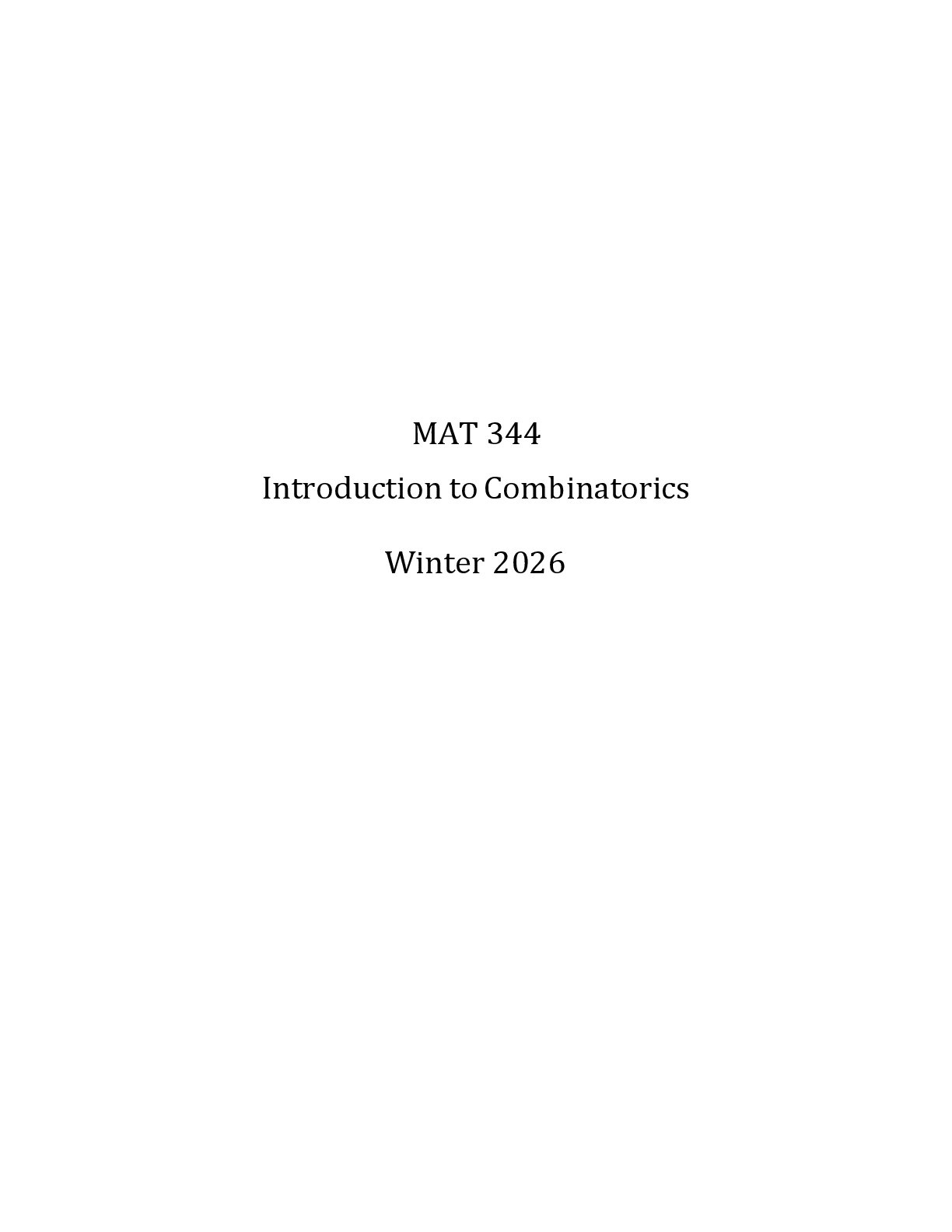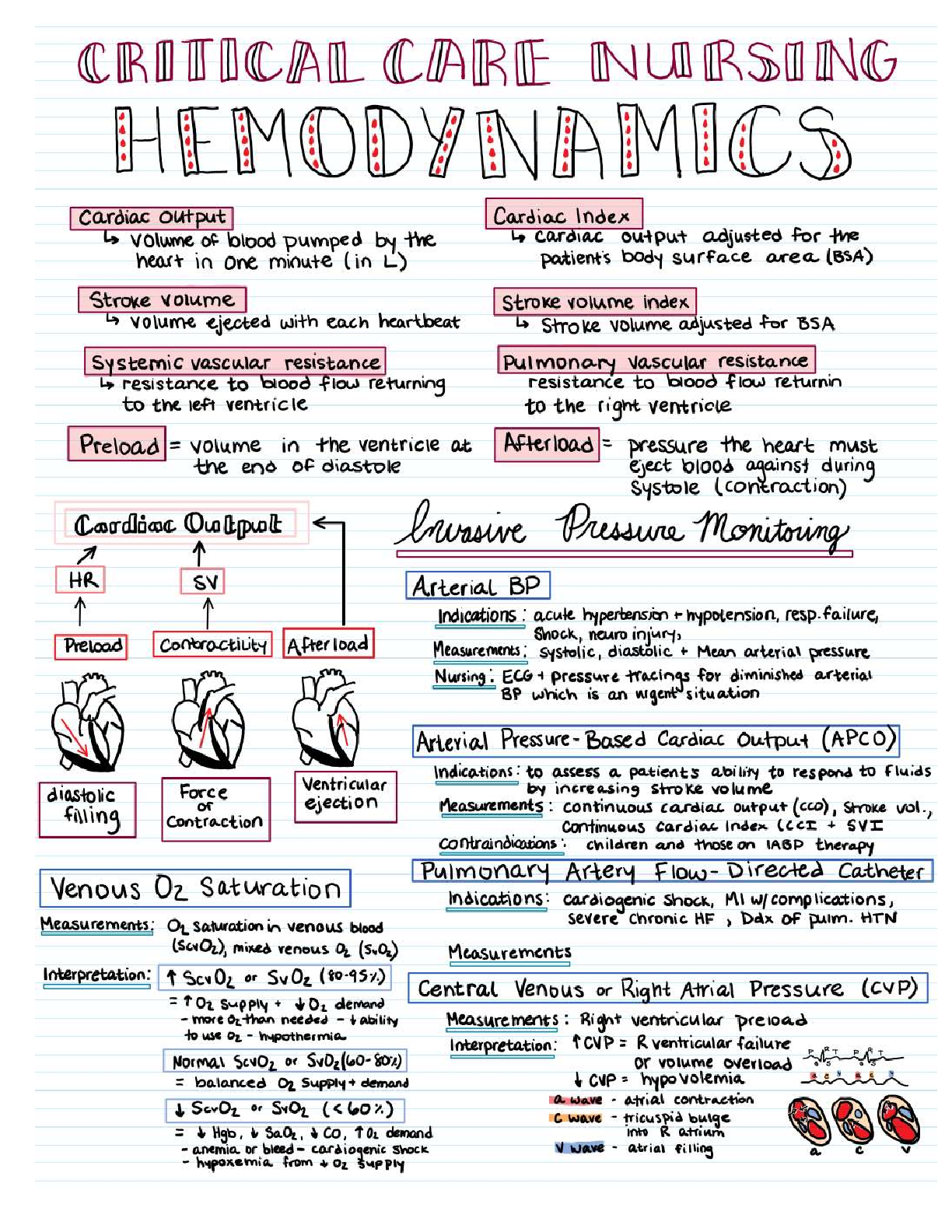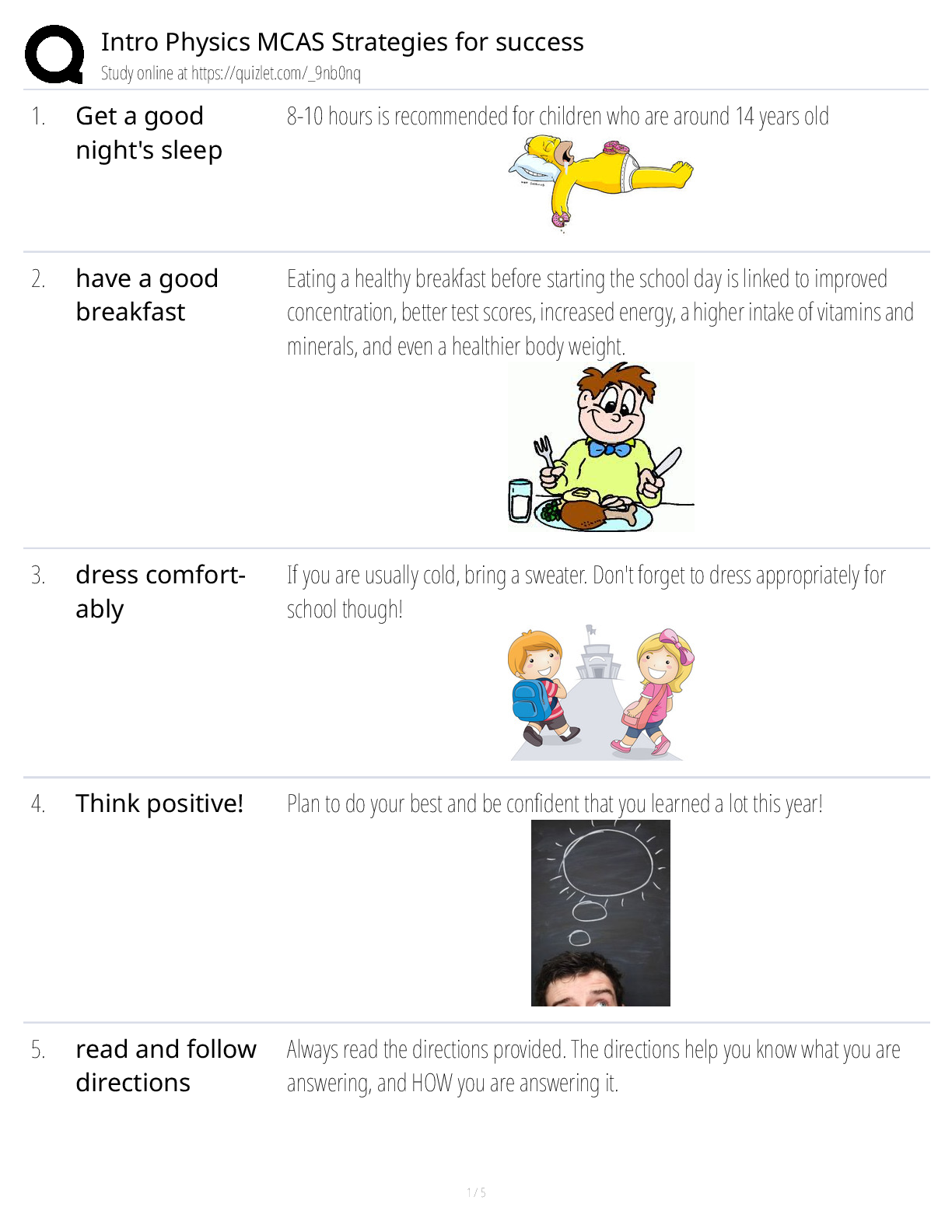MGB225
INTERCULTURAL COMMUNICATION
& NEGOTIATION
Week 9Australia’s anti-discrimination law
Attorney’s General Department
2
In Australia, it is unlawful to discriminate on the basis of a number of protected attribut
...
MGB225
INTERCULTURAL COMMUNICATION
& NEGOTIATION
Week 9Australia’s anti-discrimination law
Attorney’s General Department
2
In Australia, it is unlawful to discriminate on the basis of a number of protected attributes including age, disability,
race, sex, intersex status, gender identity and sexual orientation in certain areas of public life, including education
and employment. Australia's federal anti-discrimination laws are contained in the following legislation:
• Age Discrimination Act 2004
• Disability Discrimination Act 1992
• Racial Discrimination Act 1975
• Sex Discrimination Act 1984.3
Lecture learning objectives
Underline why power is important in negotiations
Identify types & positions of power
Give advice on how to deal w/bigger players in negotiations & partnerships
How to acquire power in negotiation4
Power definition
Power used in a given situation that helps someone to achieve:
• Goals
• Desires
Perspectives on power:
• Power used to dominate and control the other – ‘power over’
• Power used to work together – ‘power with’5
Perceptual importance of power
Seeking power in negotiation arises from one of two perceptions:
• The negotiator believes he or she currently has less power than the other
party.
• The negotiator believes he or she needs more power than the other party.6
Interests, rights & power in action
1. Exerting power via coercion could lead to settlement or opponent may call
your bluff
2. Threats based on rights or power may work if there is an impasse or the
opponent refuses to negotiate
3. To be effective, threats must be credible, targeting the opponent’s interests
& let them back down to save face & reopen negotiations7
Types of power
Expert Power
Reward Power
Coercive Power
Legitimate Power
Referent Power
(French & Raven, 1959)Expert power
8
Expert power is derived from the ability to assemble and organise information to
support the desired position, arguments, or outcomes.
True False
(Lewicki, Saunders & Barry, 2011)9
Sources of power
Informational
Personal
Position
Relationship
ContextualINFORMATIONAL
• Information is the most common
source of power
• Derived from the negotiator’s ability
to assemble and organise data to
support his or her position,
arguments, or desired outcomes
• A tool to challenge the other party’s
position or desired outcomes, or to
undermine the effectiveness of the
other’s negotiating arguments
• Information can be presented in two
ways: direct or indirect
10PERSONAL:
PSYCHOLOGICAL ORIENTATIONS
Psychological
• Cognitive
• Unitarian ideological frame
• Interests of individual & society
are one
• Radical ideological frame
• Continual clash of social, political
& class interests
• Pluralist ideological frame
• Power is distributed relatively
equally
11PERSONAL:
PSYCHOLOGICAL ORIENTATIONS
Psychological
• Motivational
• Specific motives to use power
• Grounded in needs & energising
elements
• Disposition & skills
• Orientation to cooperation or
competition
• Moral
• Philosophical orientation to power
& its uses
12POSITION
Two major sources of power in an
organisation:
1. Legitimate
• Grounded in the title, duties &
responsibilities of a job description
& level within an organisational
hierarchy
• Social construct
13Legitimate power
14
Social structures are inherently inefficient, and this realisation creates the basis for
legitimate power.
True False
(Lewicki, Saunders & Barry, 2011)POSITION
2. Resource power based on position
• Control of resources can give
capacity to give, withhold or take
them away
• Key resources
• Reward power and coercive power
15RELATIONSHIP
Goal interdependence
• How parties view their goals
Referent power
• Based on an appeal to common
experiences, common past,
common fate, or membership in
the same groups
Network power
• Derived from whatever flows
through that particular location in
the structure (usually information
and resources)
1617
An organisational hierarchy
MIRJAM NILSSON
President
VICTORIA
LINDQVIST
Executive Assistant
AUGUST
BERGQVIST
VP Finance
MIRA KARLSSON
Accounting
ALEXANDER
MARTENSSON
VP Technology
APRIL HANSSON
Help Desk
KALLE PERSSON
Project Manager
ANGELICA
ASTROM
VP Operations
JENS MARTENSSON
Facilities
ALLAN
MATTSSON
VP Marketing
KALLE PERSSON
Project Manager
FLORA
BERGGREN
VP Production
VICTORIA LINDQVIST
Production Manager
APRIL HANSSON
Help Desk
MIRA KARLSSON
Accounting
IAN HANSSON
VP Transportation
ANGELICA ASTROM
Dispatch
JENS MARTENSSON
Facilities18
An organisational network
Gatekeeper
Star Isolated Dyad
Liaison
Isolate
Linking Pin
External
Environment19
Network relationships
Tie strength
• Or quality of relationships
Tie content
• Resource passing along tie
Network structure
• Social system20
Aspects of networks
Power is determined by:
• Centrality
• Criticality & relevance
• Flexibility
• Visibility
• Membership in a coalition21
Holacracy
(Radojević, & Krasulja, & Janjušić, 2016)CONTEXTUAL
Power is based in the context, situation
or environment in which negotiations
take place
• BATNAs
• An alternative deal that a
negotiator might pursue if she or
he does not come to agreement
with the current other party
• Culture
• Often contains implicit rules about
use of power which is unequal
• Agents, constituencies & external
audiences
2223
Managing those with more power
Don’t:
• All-or-nothing
• Degrade
• Self-inflate
Do:
• Build momentum by dealing in sequence
• Use competition as leverage
• Constrain yourself
Data:
• Ask more questions to gain information
• Manage the process24
Addendum
The power of not reacting w/emotion
The power of silence
Getting to yes25
How Do I Write a Good Personal Reflection
AUGUST 14, 2011 BY NICOLE FELEDY
In the academic context, you may be required to reflect upon your own learning in order to identify then evaluate,
which approaches have been helpful or unhelpful. You may also be asked to consider your own role in the learning
process.
The key to writing a successful personal reflection is to remember that it is a personal response made by you.
Therefore, your responses are usually different from someone else’s. Your response will be influenced by:
1) Your opinions, beliefs and experiences
2) Similarities or contrasts to your own life (i.e. experiences you can identify with)
3) How real or believable a subject / text is
4) Your emotional state at a given moment
5) Sympathy or empathy with characters
Even though you have been asked to provide a personal response,
you will still need to justify your opinion with reasons why you
developed your ideas. You can support your response through:
1) Examples from the text
2) References to specific events within a text
3) References to specific quotes within a text
Assessment 3
Individual reflection26
Summary
Defined power & its perceptual hold on the opposition during negotiation
Showed where power lies in different organisational systems
Presented tips for winning the balance of power in unlikely situations27
Tutorial this week
• Negotiation Simulation 4 (Practice)
Next week
Lecture: Communication in negotiation & E-negotiation
• Tutorial: Negotiation Simulation 5 (Assessed)28
References
Feledy, N. (2018). How do I write a good personal reflection. Retrieved from
http://isthismystory.com/learning/how-do-i-write-a-good-personal-reflection/
Fisher, R., Ury, W. L., & Patton, B. (2011). Getting to yes: Negotiating agreement without giving in. London, UK:
Penguin Random House.
French, J. R. P. & Raven, B. (1950). The bases of social power. In D. Cartwright (Ed.), Studies in social power.
Ann Arbor, MI: Institute for Social Research.
Lewicki, R. J., Saunders, D. M., & Barry, B. (2010). Essentials of negotiation (5th ed.). New York: McGraw-Hill.
Radojević, I., Krasulja, N., & Janjušić, D. (2016, October). Holocracy – The new management system. Paper
presented at International Scientific Conference – The Priority Directions of National Economy
Development, University of Niš. Retrieved from http://isc2016.ekonomskifakultet.rs/article-19.html
[Show More]




